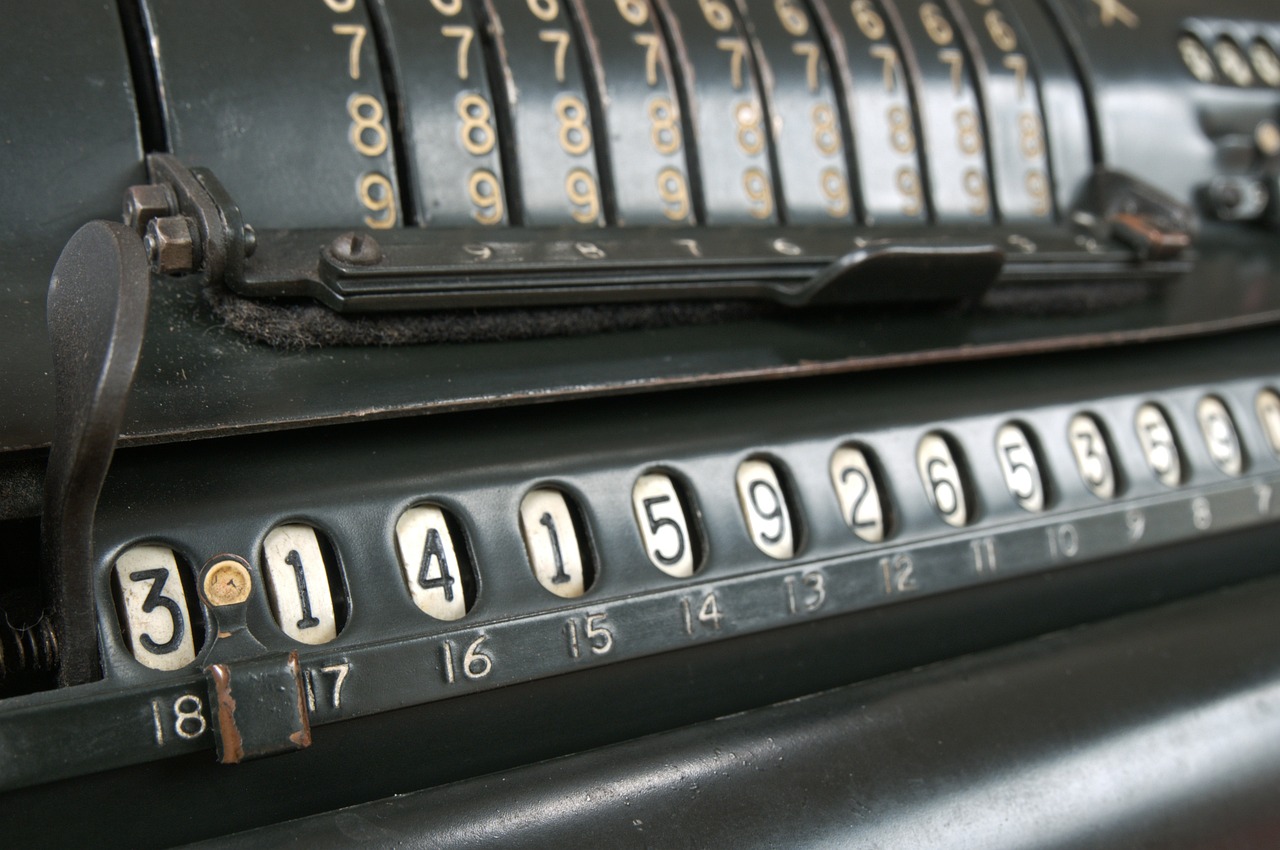
Numbers in Japanese
Expressing Numbers from one to one thousand in Japanese
From 1 to 10 in Japanese
- 一(いち): one
- 二(に): two
- 三(さん): three
- 四(よん or し): four
- 五(ご): five
- 六(ろく): six
- 七(しち or なな): seven
- 八(はち): eight
- 九(く): nine
- 十(じゅう): ten
From 10 to 100 in Japanese
- 十(じゅう): ten
- 二十(にじゅう): twenty
- 三十(さんじゅう): thirty
- 四十(よんじゅう): forty
- 五十(ごじゅう): fifty
- 六十(ろくじゅう): sixty
- 七十(ななじゅう): seventy
- 八十(はちじゅう): eighty
- 九十(きゅうじゅう): ninety
- 百(ひゃく): one hundred
From 100 to 1000 in Japanese
- 百(ひゃく): one hundred
- 二百(にひゃく): two hundred
- 三百(さんびゃく): three hundred
- 四百(よんひゃく): four hundred
- 五百(ごひゃく): five hundred
- 六百(ろっぴゃく): six hundred
- 七百(ななひゃく): seven hundred
- 八百(はっぴゃく): eight hundred
- 九百(きゅうひゃく): nine hundred
- 千(せん): one thousand
数字を用いた例文集:Collection of Example Sentences Using Numbers
- 1週間で1冊の本を読み終えました。
(I finished reading a book in a week.)
- 2人の子供が公園で遊んでいます。
(Two children are playing in the park.)
- 3つのりんごを買いました。
(I bought three apples.)
- 4つのテーブルが部屋に置かれています。
(There are four tables in the room.)
- 5分後に電車が出発します。
(The train will depart in 5 minutes.)
- 6時に約束があるので、遅れないようにしてください。
(I have an appointment at 6 o'clock, so please don't be late.)
- 午後7時に駅前で会いましょう。
(Let's meet in front of the station at 7 PM.)
- 8日後に友人の結婚式があります。
(There's a friend's wedding in 8 days.)
- 9歳のとき、彼女はピアノを始めました。
(She started playing the piano when she was 9 years old.)
- 10月の中旬には、紅葉が綺麗になります。
(The autumn leaves will be beautiful in the middle of October.)
- 20歳の誕生日には、成人式に参加しました。
(I participated in the Coming of Age ceremony on my 20th birthday.)
- 30日間のダイエットチャレンジを始めます。
(I will start a 30-day diet challenge.)
- 40年前、この町はまだ小さかった。
(40 years ago, this town was still small.)
- 50ページ以上のレポートを書くのは大変だった。
(It was tough to write a report of more than 50 pages.)
- 60歳を過ぎても、彼は毎日ジョギングを続けています。
(Even after turning 60, he continues to jog every day.)
- 70歳のおばあちゃ
んは、庭で花を育てています。
(The 70-year-old grandmother is growing flowers in the garden.)
- 80パーセントの生徒がテストに合格しました。
(80 percent of the students passed the test.)
- 90秒でこの料理を食べ終わるチャレンジが流行っています。
(There's a trend to finish this dish in 90 seconds.)
- 100円ショップで便利なアイテムを見つけました。
(I found a useful item at the 100-yen shop.)
- 200日後にオリンピックが開催される予定です。
(The Olympics are scheduled to be held in 200 days.)
- 300メートル先に大きな橋があります。
(There is a large bridge 300 meters ahead.)
- 400キロ走った後、車が故障しました。
(The car broke down after driving 400 kilometers.)
- 500羽以上の鳥が空を飛んでいました。
(More than 500 birds were flying in the sky.)
- 600冊の本がこの図書館にはあります。
(There are 600 books in this library.)
- 700万円の宝くじが当たったら、何をしますか?
(What would you do if you won a 7 million yen lottery?)
- 800年の歴史を持つ寺がこの町にはあります。
(There is a temple with an 800-year history in this town.)
- 900キロカロリーのケーキを食べた後、後悔しました。
(I regretted eating a 900-kilocalorie cake.)
- 1000の言葉でも感謝の気持ちを伝えきれません。
(A thousand words cannot fully convey my gratitude.)
